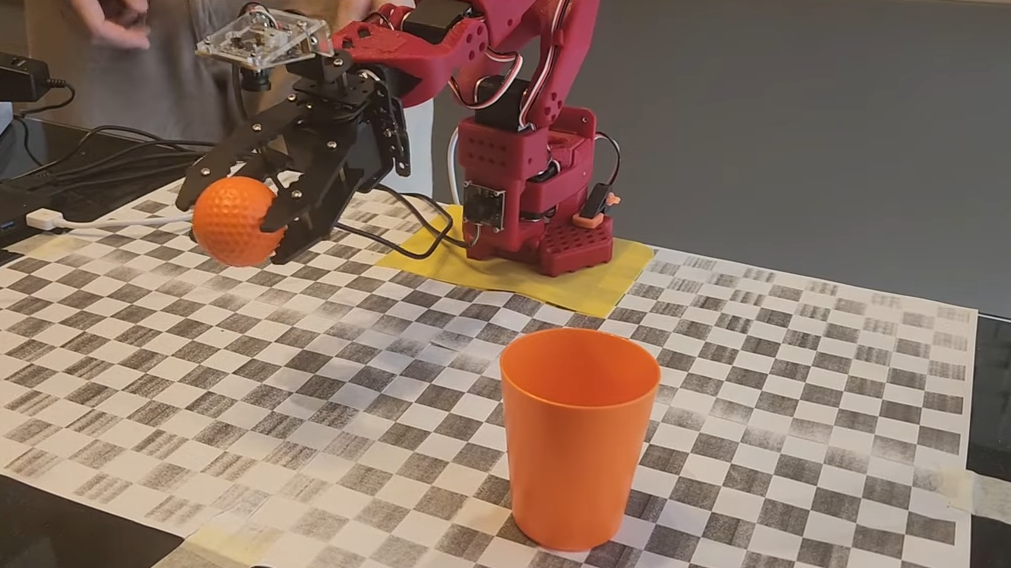The landscape of hobby robotics is evolving with the introduction of LeRobot, an open-source machine learning framework developed by the Hugging Face community. This innovative framework aims to enable autonomous behavior in robotic arms, moving beyond the conventional reliance on fixed scripts for operation.
Introducing the SO-101 Robotic Arm
At the core of this development is the SO-101 robotic arm, which offers an economical entry point for enthusiasts. The arm is designed to be accessible for hobbyists who wish to explore the capabilities of autonomous robotics without a significant financial investment.
Ilia, a contributor to the project, provides an insightful video that illustrates the framework’s functionality. In the demonstration, he showcases how LeRobot allows users to train a 3D-printed robotic arm through imitation learning. This process involves teaching the arm to autonomously perform tasks, such as picking up a ball and placing it into a cup.
To initiate the training, Ilia manually operates the arm, creating a dataset by performing the task himself. With only about fifty examples in this dataset, he successfully develops a machine learning model that empowers the arm to execute the task independently. Remarkably, the arm can adapt to variations, such as changes in color or the movement of the ball and cup during the operation.
Flexibility and Accessibility of LeRobot
LeRobot is not limited to simple tasks; its flexible framework has the potential for a wide range of applications in the field of robotics. The goal is to democratize access to this technology, enabling a broader audience to engage with and innovate in the realm of robotics.
As the LeRobot framework continues to develop rapidly, it is not tied to any specific hardware, which positions it as a valuable resource for future robot projects. The community has already seen a surge in high-quality DIY robotic arms, and with LeRobot at the forefront, the next wave of autonomous projects could be just around the corner.
The impact of this framework extends beyond hobbyists; it opens doors for educational institutions and researchers to explore the possibilities of machine learning in robotics. As interest in autonomous systems grows, initiatives like LeRobot are essential in shaping the future of accessible technology.
In summary, LeRobot represents a significant step forward in the hobby robotics sector, making autonomous learning achievable for enthusiasts at all levels. With tools like the SO-101 arm and supportive community resources, the potential for innovation is vast, promising a new era in personal robotics.








































































